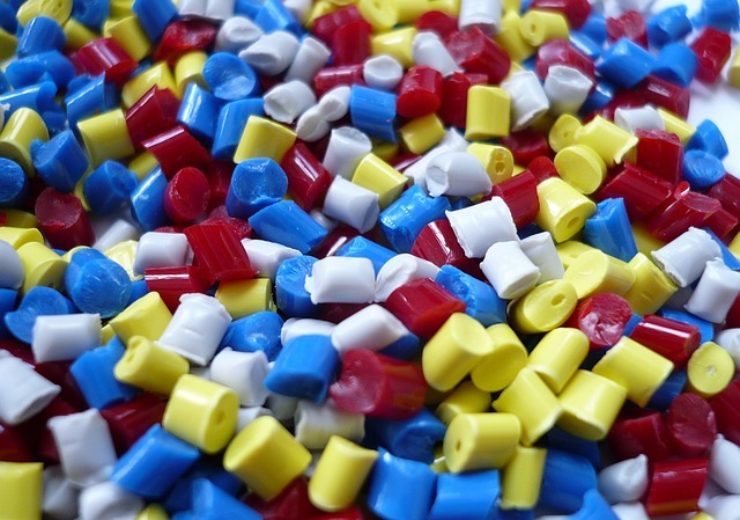The collaboration reflects both companies’ commitment to drive a circular economy for plastics

Image: Berry Global and SABIC will work on the use of circular polymers from chemical recycling. Photo: courtesy of feiern1 from Pixabay.
Berry Global Group has collaborated with SABIC on the production and use of circular polymers from chemical recycling.
At the starting of this year, Berry revealed its Impact 2025 sustainability strategy and committed to making 100% of its packaging reusable, recyclable, or compostable by 2025.
Berry intends to use advanced methods to create environmentally sustainable packaging, as part of its commitment to support the circular economy.
SABIC sustainability, technology and innovation vice president Bob Maughon said: “SABIC is proud to be the first petrochemical company to implement a project for the chemical recycling of challenging plastic waste into feedstock for steam crackers.
“This exciting project is testament to our commitment to scale up advanced chemical recycling processes of plastics back to the original polymer.”
At the end of 2018, SABIC also announced the construction of a semi-commercial unit in the Netherlands to refine and upgrade valuable feedstocks produced from the recycling of low-quality and mixed plastic waste.
The company already produced the initial volumes of the certified circular polymers using its existing manufacturing facilities in this year.
From the initial volume, Berry has produced a recyclable and coextruded stand-up pouch that includes 30% PCR sourced from SABIC’s circular polymer.
Berry intends to use a portion of these materials, which hold the potential to use in polypropylene (PP) or polyethylene (PE) applications, in its European consumer packaging facilities.
Chemical recycling to remove all contaminants
Berry chairman and CEO Tom Salmon said: “As a leader in sustainable packaging, we place a high value on innovation surrounding the methods by which we recover valuable plastic materials.
“SABIC’s timeline for beginning semi-commercial production is one of the fastest we have seen in the industry and we were eager to join with them in initiatives that support circular economy.”
The chemical recycling will help remove all contaminants, including inks and colourants, and return quality post-consumer plastic from virgin material suitable for direct food contact applications.
In October this year, SABIC has opened a new technology and innovation centre for caps and closures in Geleen, the Netherlands.
